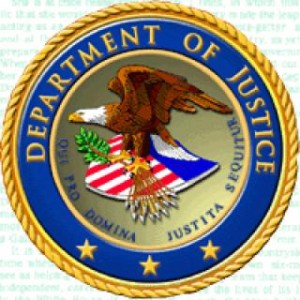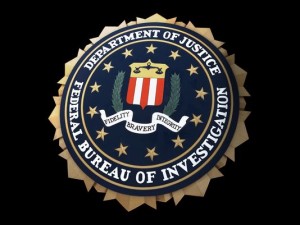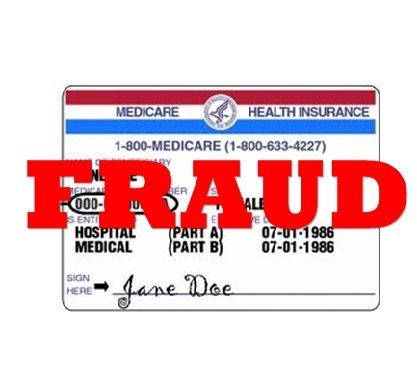
A Georgia man has been sentenced to 27 years in prison for his involvement in a plot to defraud Medicare by submitting genetic and other laboratory tests worth over $463 million, officials stated last week.
The patients didn’t have to undergo these tests, which were obtained in exchange for kickbacks and bribes.
According to court documents, Minal Patel, 44, of Atlanta, owned LabSolutions LLC (LabSolutions), a lab enrolled with Medicare that performed sophisticated genetic tests.
Patel conspired with patient brokers, telemedicine companies, and call centers to target Medicare beneficiaries with telemarketing calls falsely stating that Medicare covered expensive cancer genetic tests.
 After the Medicare beneficiaries agreed to take a test, Patel paid kickbacks and bribes to patient brokers to obtain signed doctors’ orders authorizing the tests from telemedicine companies.
After the Medicare beneficiaries agreed to take a test, Patel paid kickbacks and bribes to patient brokers to obtain signed doctors’ orders authorizing the tests from telemedicine companies.
Patel made patient brokers sign fake contracts to hide kickbacks and bribes, claiming the brokers were providing real advertising services for LabSolutions.
“In one of the largest genetic testing fraud cases ever tried to verdict, today’s sentence makes clear that the Department will seek justice for those who put profits above patient care, including owners and executives,” said Acting Assistant Attorney General Nicole M. Argentieri of the Justice Department’s Criminal Division.
From July 2016 through August 2019, LabSolutions submitted more than $463 million in claims to Medicare, including for thousands of medically unnecessary genetic tests, of which Medicare paid over $187 million.
In that timeframe, officials stated that Patel privately received over $21 million from Medicare regarding the fraud.
“Deception, kickbacks, and bribes have no place in providing legitimate genetic testing and telemedicine services to patients who need them,” said Special Agent in Charge Jeffrey B. Veltri of the FBI Miami Field Office.
The FBI and HHS-OIG investigated the case.
Trial Attorneys Jamie de Boer, Emily Gurskis, Reginald Cuyler Jr., Katherine Rookard, and Patrick Queenan of the Criminal Division’s Fraud Section prosecuted the case.

